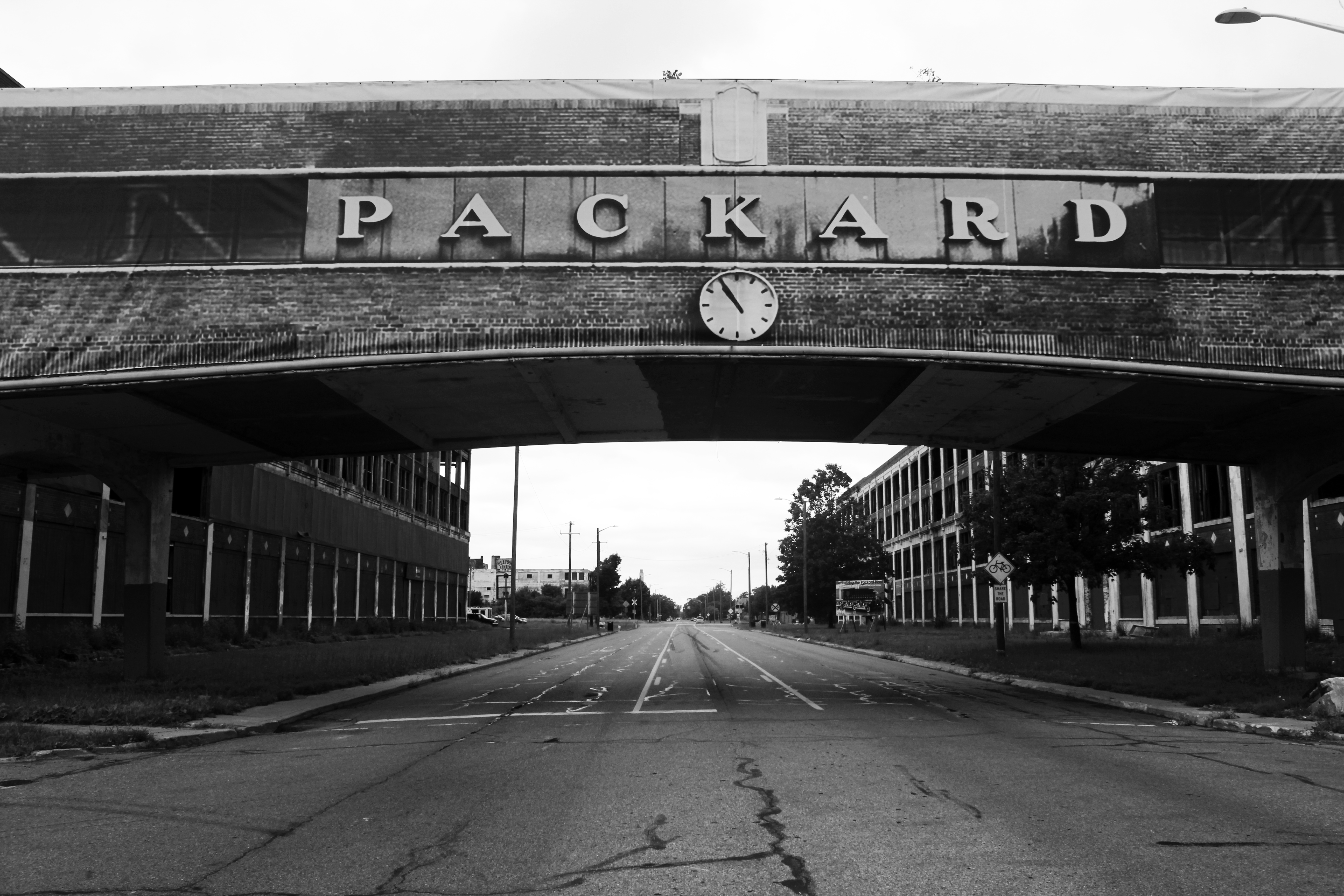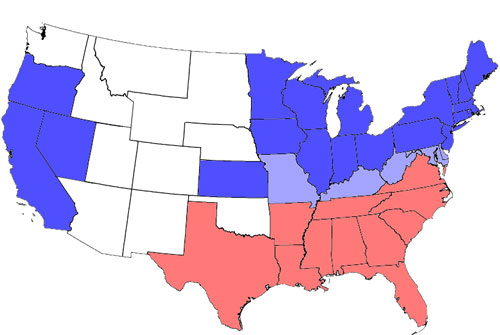Energy extraction and transportation
• The Mid-South is where the energy funnel to coastal refineries and export terminals begins to narrow. The region is a web of pipelines, heavy rail and fdinterstates with the Mississippi River running right through the middle. The explosion in new extractive technologies is flooding the aging infrastructure, stressing pipelines and rail cars with products more volatile and harder to remedy than conventional oil. Sharing information regionally moves from “downright friendly” to “downright crucial”.
The folks in Mayflower, Arkansas know a lot about pipeline ruptures and spilled tar sands oil. Over a year after a major spill they’re still getting sick and Exxon is pushing to restart the sixty-year old Pegasus Pipeline. People in Aliceville, Alabama know a lot about the dangers of transporting shale oil by rail. They saw the inferno of a derailment from ten miles away and tributaries to the Tom Bigbee river system still shine with floating oil. Residents in Kingston, Tennessee know firsthand the dangers of coal ash as they lost their homes and their drinking water to the worst ash spill in U.S. history. What happens in Arkansas matters in Tennessee and Alabama and Mississippi. Yet there is no organized communication network between them.
• Most local news outlets pride themselves as watchdogs but realistically they have always been pro-business. It helps sell advertising and more business means more jobs. More jobs means economic prosperity, which is particularly important for the many poor rural communities across the South. It also helps explain why unproven technologies can be embraced as good for the community until something goes terribly wrong. Then energy companies shut the door on local news outlets and communicate largely through emails and press releases. They flood the communities with money. Local businesses enjoy a huge short-term boost. Homeowners are offered above market values for their homes. Schools get new gymnasiums and as The Daily Show lampoons (9:30 minutes in) everybody it seems eats pizzas. Not only does the money buy the loyalty of those affected, it also buys their silence by requiring residents to sign non-disclosure agreements promising that they won’t talk to the media. Meanwhile the same industries run at break-neck speed to get residents to sign off on their claims and restart idled revenue streams. Years later, the environmental damage remains, the money is gone and the long-term health effects take hold. The history has repeated itself from Prince William Sound to the Gulf of Mexico and it continues today.
• Opposition groups are forming and trying to connect in response to the rash of accidents across the country. Recently a community activist from Mayflower spoke to a group in Maine. Concerned citizens in Eastern Texas are reaching out to groups in West Texas and Arkansas for advice. Residents in Northwestern Indiana are looking to groups in Michigan for guidance.
• The common thread is that all of those who have been affected feel driven to share their experiences. Those who might be affected in the future want to know what questions to ask, how to protect their rights and what resources are available to force the best environmental remediation possible. By connecting and sharing the experiences of cities across the south, and in some cases the country, The Green Rocket can prepare communities for the consequences of an accident.
Energy consumption
• Tennessee, Arkansas, Alabama and Mississippi all rank in the top ten poorest states in the country. Accordingly, substandard housing and poorly insulated homes means that the region has the highest per capita household use of energy in the country. Those who can afford it the least have the highest energy bills. Local newspapers and broadcast outlets publish the obligatory reports on various forms of utility assistance for poor households. News stories about electrical fires in the winters and heat strokes in the summers are common. However there is no network to track best practices across the region. As a result, success stories, failures and the lessons learned are not shared with a broader audience experiencing the same problems.
















